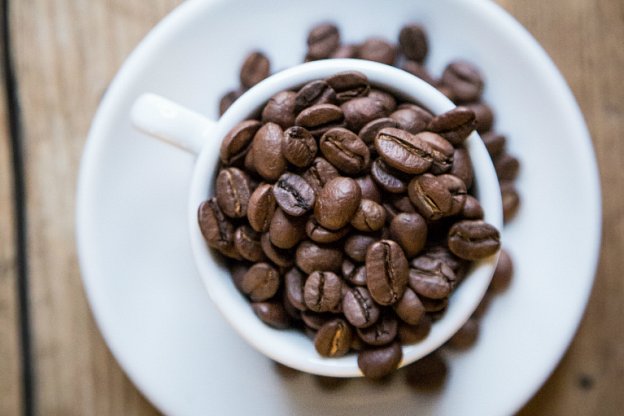How fair is Fairtrade?
- September 21, 2016
I had a conversation a few years ago now that sort of blew my mind. Fairtrade isn’t assuredly fair. If that was the case, my brain mumbled, why would they call it ‘Fairtrade’? As I’ve worked through the hospitality industry for the last 18 years I’ve always looked for fairness, in the way I am treated by the organisation I work for & in the way organisations deal with suppliers. I was pleased when I found Boston Tea Party, we sought out relationships with businesses that have been cultivated for years. We’re striving to be the best employer, there’s a way to go yet, but we’re always looking to be fairer and reward good performance. So when I found Fairtrade, an organisation which is deciding what ‘fair’ is and not doing a great job it, I sought to find out what was fair.
The changes that Fairtrade have made to international trading is unerringly positive, they focus on many different lines; coffee, chocolate, flowers, gold even. They have raised the profile of the exploitation within the differing supply chains and are arguably one of the most recognised brands in your supermarket. They directly influence and make people think about the way that they spend their money.
Whilst training new recruits on all things coffee I review the place that Fairtrade plays within the coffee market. Fairtrade was started with the best intentions, a symbol that the product you’re buying treated everyone within the supply chain well. When there’s a glut of your crop they will ensure you can sell it at a minimum rate on international markets, under the proviso you adhere to their checklist of requirements. There are no quality controls you have to put in place, and there are questions over how much producers stick to the sentiment of the project, there are also those that out there to improve their profit margins, not quality of life for their employees. Even worse, if there’s a glut of Fairtrade certified produce the price you sell for may only just cover the cost of attaining this certification.
A much more transparent option is available, commonly referred to as ‘Relationship Coffee’. In this model you would travel to the coffee producing country, meet a farmer and try their crop, and agree a price. As long as this lands in the UK matching the quality you purchased it at then you have a deal. A merchant would act as a go between, handling the import and export. Year after year you return to the deal, maybe paying more of a premium for coffee picked from a certain location on the farm, a certain processing method or buying up experimental crops. This transparency, this closeness, meeting those people behind the centuries of experience brings a further dimension to your regular cup of coffee.
Is one better than the other? Well, it depends what you’re after. We want a quality assured coffee that we have some control over, we want provenance to know that as much of your money goes to benefit the supply chain. We prefer relationship coffee, just as we have relationship meat. We love building relationships.
As a consequence of our trip to Colombia I returned to the U.K. and purchased 360kg of Finca La Casiana (it’s beautiful, a brown sugar sweetness and tropical fruit flavours), having met the farmers on our trip out there earlier this year. It ran as our filter coffee, and other farms we visited will become our filter coffee later in the year. We know the farmer now, we know how they treat their workers, and we know it’s fair. It’s a relationship I’m proud we’ve built and you can read more about that here.
